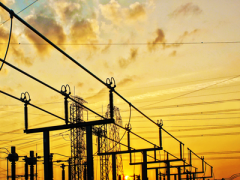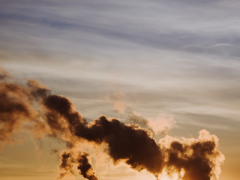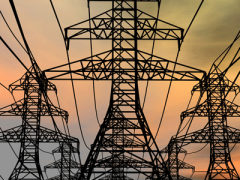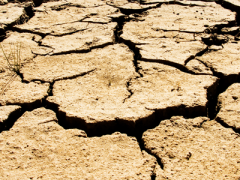Reducing global emissions by 7.6% annually, over next decade, would achieve the 1.5 °C Paris target
Under current unconditional pledges, the world is heading for a 3.2 °C temperature rise, according to the 2019 edition of UNEP’s annual Emissions Gap Report. The technologies and policy knowledge on how to reduce emissions are available, but transformations must begin today. Researchers at PBL are among the leading and contributing authors of this study.
Under current unconditional pledges, the world is heading for a 3.2 °C temperature rise
On the eve of a year in which nations are to strengthen their Paris climate pledges, a new UN Environment Programme (UNEP) report warns that, unless global greenhouse gas emissions are reduced by 7.6%, annually, between 2020 and 2030, the world will not be able to get on track towards achieving the 1.5 °C temperature goal of the Paris Agreement.
UNEP’s annual Emissions Gap Report expects that, even if all current unconditional commitments under the Paris Agreement are implemented, temperatures will rise by 3.2 °C; bringing even wider-ranging and more destructive climate impacts. The collective ambition level must increase more than fivefold from current levels, in order to deliver the reductions that are needed over the next decade to achieve the 1.5 °C target.
2020 is a critical year for climate action, with the UN climate change conference in Glasgow aiming to determine the future course of efforts to avert crisis and with countries expected to significantly step up their climate commitments.
Only five G20 countries have committed to a long-term zero emission target
The G20 countries, collectively, account for 78% of all emissions, but only five of them (the EU as a whole and four individual EU Member States) have committed to long-term zero emission targets. Three are currently in the process of passing legislation and two have recently done so. The remaining fifteen G20 members have not yet committed to such zero emission targets.
In the short term, developed countries will have to reduce their emissions more rapidly than developing countries for reasons of fairness and equity. However, all countries will need to contribute do a greater degree to have the desired collective impact. Developing countries can learn from the successful efforts by developed countries; they can even leapfrog them and adopt cleaner technologies at a faster rate.
Crucially, the report says all nations must substantially increase the ambition level of their commitments to the Paris Agreement (i.e. their so-called nationally determined contributions (NDCs)) in 2020 and follow up with policies and strategies to implement them. Solutions are available to enable achievement of the Paris goals, but they are not being deployed fast enough or at a sufficiently large scale.
Nations must triple their efforts to achieve the 2 °C target
Each year, the Emissions Gap Report assesses the gap between anticipated emissions in 2030 and levels consistent with acieving the 1.5 °C and 2 °C targets of the Paris Agreement. The report finds that greenhouse gas emissions have risen by 1.5%, annually, over the last decade. In 2018, emissions, including those from land-use change such as deforestation, reached a new high of 55.3 gigatonnes of CO2 equivalent.
To limit temperature rise, annual emissions by 2030 need to be 15 gigatonnes of CO2 equivalent below current unconditional NDCs for achieving the 2 °C goal, and 32 gigatonnes lower for the 1.5 °C goal. This means that, between 2020 and 2030, 7.6% annual emission reduction is required to achieve the 1.5 °C goal and 2.7% for achieving the 2 °C goal.
To deliver on these reductions, the ambition level of the NDCs must increase at least fivefold for the 1.5 °C goal and threefold for the 2 °C goal.




